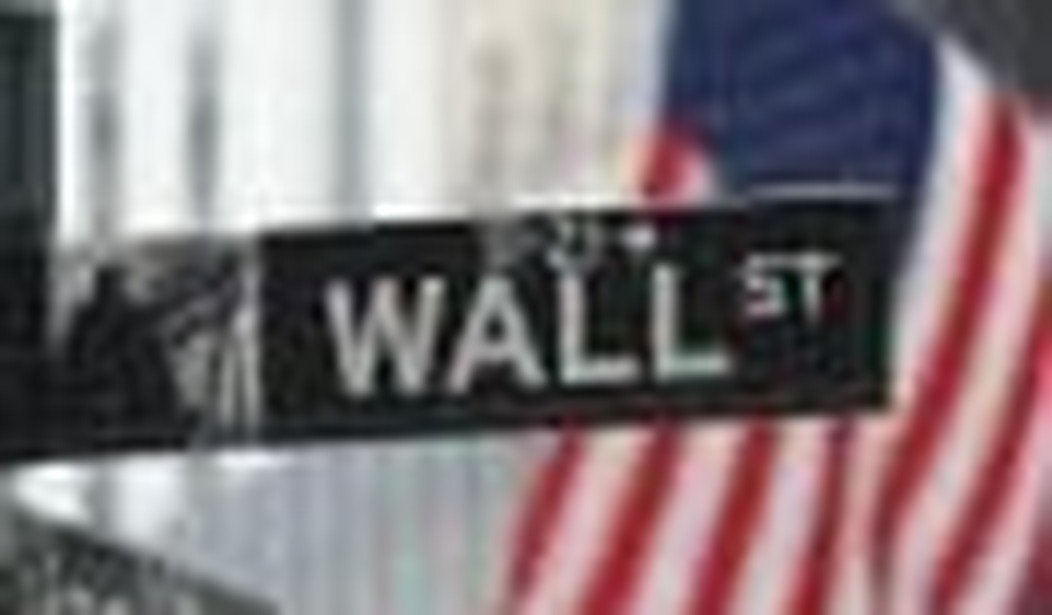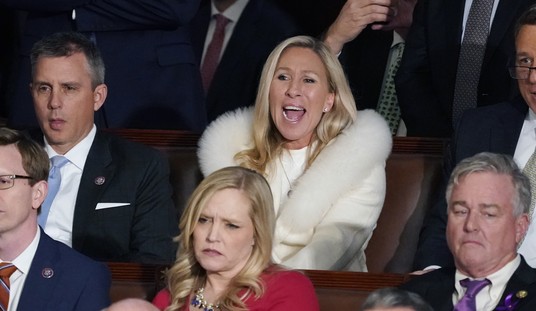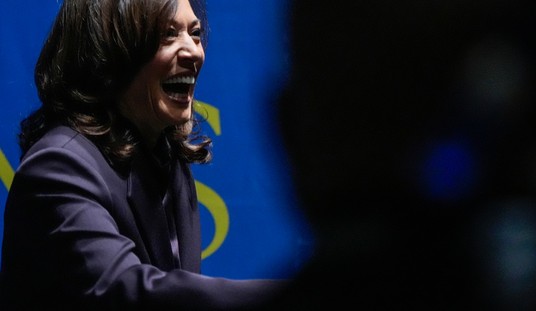Hank Paulson has acted like the secretary of Wall Street rather than the secretary of the Treasury. This economic crisis manifested itself in August 2007 and nothing that Paulson has done has been a remedy for the problem. His solutions have only propped up his cronies on Wall Street. He is sidestepping the real problem in the market: counterparty risk. Only an independent clearing house can solve this crisis.
Secretary Paulson’s bailout package does nothing for the problem. It injects money into bankrupt institutions by buying preferred stock, which only solves the easy part of the crisis. What if the stuff on the banks’ books is worth less than they say? We will still have a problem. The crux of the problem is that there is so much counterparty risk that banks will not lend to each other. This has frozen what’s called the interbank credit market. Banks do not trust each others’ financial statements. This is why our credit system is clogged.
There are only two ways to get rid of counterparty risk. One is don’t trade with each other. This is not an option; it’s what is happening today. The other is to trade through an independent “clearing house” that erases counterparty risk by guaranteeing each trader is solvent. Once we recertify trust, the credit market will unlock and trading can resume.
There is no simple way to create markets for the collateralized debt obligations (CDOs) on the banks’ books. Trade can only happen when you can discern a price and parties think they will benefit. The bank or hedge fund cannot value these assets correctly in the interbank market because they can’t be sure the other party is not going to fail. This results in a price that is far away from where it normally would be quoted. A clearing house takes away much of the risk, leaving only the market risk of the CDO. Better pricing of these CDOs will save taxpayers billions of dollars, since in any auction you will be buying and selling at a more efficient market price.
Who doesn’t want the independent clearing house solution? Investment banks of New York. Over 30% of their revenue comes from proprietary trading. They reap massive profits in the over-the-counter (OTC) marketplace. They also would have to spend money to hold positions in the clearing house. This will limit their operations and profitability. Additionally, they are afraid because the clearing house would have access to all kinds of information that the banks deem sensitive. If that information were leaked, it could compromise a bank’s competitive position. The New York banks will try to establish a clearing house that they control. They would keep the market fuzzy and to themselves. A bank-controlled clearing house would be a license to steal. This would be like the fox watching the hen house. It will be only a matter of time before we blow up again.
We are dealing with an environment that few have ever seen and few understand. Financial engineering was not around in the 1920s or 1930s. It started in 1973, but easy credit, innovative advances, and lack of correct checks and balances have allowed it to spiral out of control. Independent clearing houses help to gain control over that innovation. The innovation itself is not bad; it helps you manage risk more efficiently and cheaply. It is the management of the innovation that needs to be updated.
Most of our elected representatives in Congress do not understand the crisis or are so corrupt they only seek to use the crisis to line their friends’ pockets. We need to have an independent clearing house solution. It will save the taxpayer billions and open up markets much faster and more efficiently than a government-mandated panacea.









Join the conversation as a VIP Member